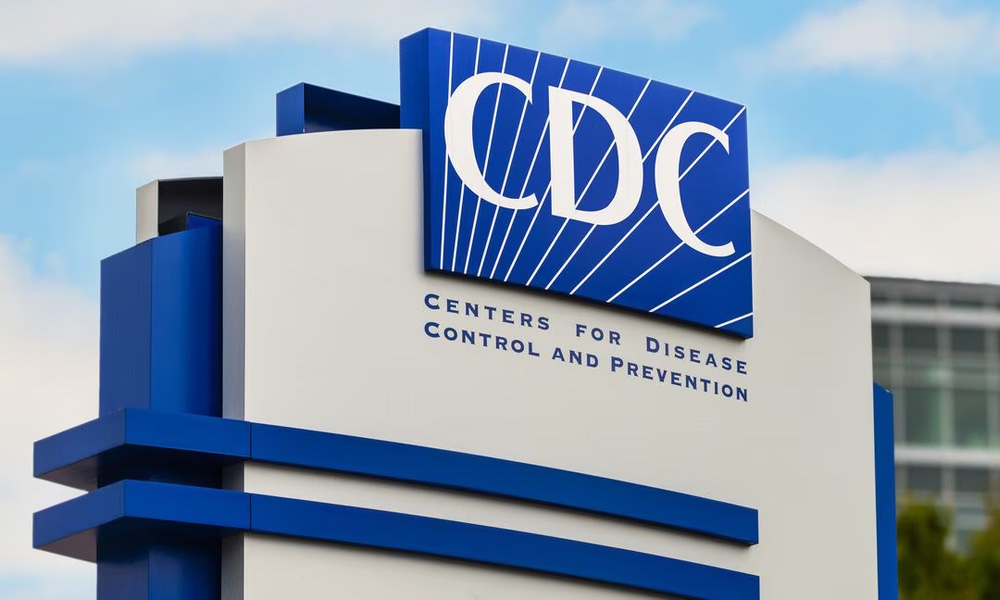Does it matter if you use white sugar, brown sugar, raw sugar, honey, maple syrup, high fructose corn syrup, fruit juice concentrate, or agave syrup as a sweetener? Is one better or worse than the other? Is there a difference in the way the body handles these sugars?
According to the AMA, 'Because the composition of high fructose corn syrup and sucrose are so similar, it appears unlikely that high fructose corn syrup contributes more to obesity or other conditions than sucrose.'
Sugar in general has gotten a bad rap for lots of things, but the supposed evils of high fructose corn syrup (HFCS) in particular have been the topic of much debate in recent years. Various research studies have linked it to the development of diabetes and heart disease, and weight gain. It has been blamed for the obesity crisis in our country. It has also been accused of raising triglyceride and uric acid levels in the body, and for causing high blood pressure.
The research is mixed about the possible harmful effects of HFCS. For every research study that shows ill effects, there is likely one to dispute it. Although high-fructose corn syrup is chemically similar to sucrose (table sugar), there are concerns about how high-fructose corn syrup is processed. Some believe that the body reacts differently to HFCS than it does to other types of sugar. Others disagree.
The processes used to make sucrose and HFCS are very similar. The calorie content, sweetness, and the way they are absorbed and metabolized by the body are the same. Both sucrose and high-fructose corn syrup are made up of the same two sugars: glucose and fructose.
Many commonly eaten foods have about the same proportions of fructose and glucose as HFCS. The natural sugar found in foods like bananas, blueberries, broccoli, carrots, sweet onions, pineapple, sweet potatoes ,and cooked wild rice is anywhere from 42 to 55 percent fructose. Apples and pears contain even more fructose than these foods.
Some research studies have linked the consumption of excessive amounts of any kind of added sugar to health problems such as weight gain, dental cavities, poor nutrition, and increased triglyceride levels, which can increase the risk of heart disease. But there seems to be insufficient evidence to say that high-fructose corn syrup is less healthy than other types of added sugars.
Both the American Medical Association (AMA) and the American Dietetic Association (ADA) have issued statements about HFCS. According to the AMA, "Because the composition of high fructose corn syrup and sucrose are so similar, it appears unlikely that high fructose corn syrup contributes more to obesity or other conditions than sucrose." The ADA agrees saying, "Both sweeteners contain the same number of calories (4 per gram) and consist of equal parts of fructose and glucose. Once absorbed into the blood stream, the two sweeteners are indistinguishable."
So while the debate over HFCS will continue, it seems that it is not the type of sugar we consume that causes weight gain or health problems. It is how much sugar we consume that causes the problems. All types and sources of sugar should be used in moderation.




